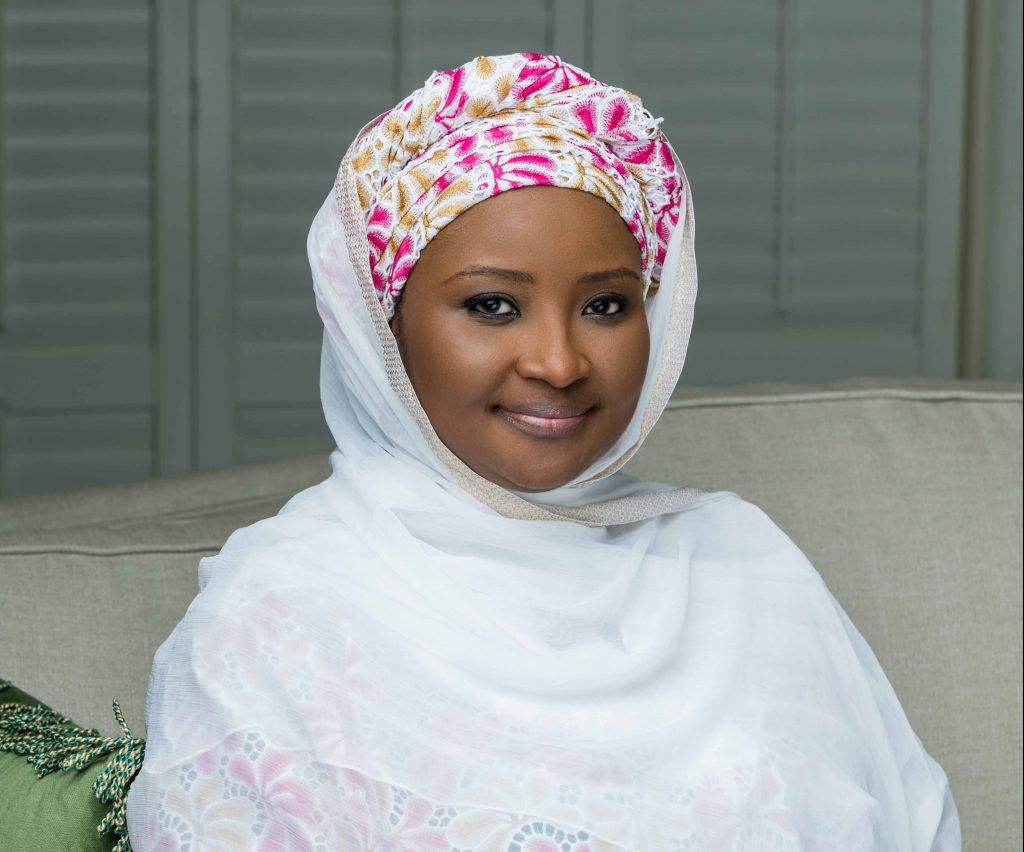
The wife of the Governor of Kebbi State, Dr. Zainab Bagudu, has advocated that the spending of the pool of funds from pro-health taxes in the country be regulated by the Federal Ministry of Health, (FMOH).
Bagudu, who is also the founder of Medicaid Cancer Foundation, made the call at the Health Financing Policy Dialogue organised by PharmAccess Foundation in collaboration with the World Bank and the Nigeria Health Watch in Abuja, themed “New Health Financing Approaches in Nigeria: Implementation of Sugar-Sweetened Beverage (SSB) tax in Nigeria”.
The policy dialogue aimed to assess progress on the implementation of the government’s newly authorised N10 per litre sugar tax on drinks, which was included in the recently enacted Finance Ac and also explore strategies to utilise pro-health taxes as an additional source of health financing for Nigeria.
Also, the dialogue engaged and galvanised commitment and responsibility among governments, funders, the corporate sector and civil society for a multi-sectoral, integrated response to health concerns that is inclusive, sustainable and appropriately funded.
According to her, if a sector finds a way to tax for its needs, then there would be no moral justification to move the funds to another sector.
She, therefore, called on Nigerians to ensure that the funds get to the health sector if the sector must access them.
A health economist with the World Health Organization (WHO), Dr. Francis Ukwuije, said health financing revolved around the mobilisation, accumulation, allocation and utilisation of resources to help countries make progress toward objectives such as the Universal Health Coverage (UHC).
Ukwuije said that health financing should not just be about having more money for health but should be more about how the country spends the money it has in a way that demonstrates value for the money in terms of efficiency and accountability.
The Ekiti State Commissioner for Health and Human Services, Dr. Banji Filani stated that FMOH and all agencies in the country’s health sector should be involved in the discussions around how the country generates and utilises revenue from the SSB tax.
Filani stated that this could be done by framing the narrative in terms of what has been achieved and what needed to be done.
The convener of BudgIT, a civic advocacy society and accountability organisation, Mr. Oluseun Onigbinde, said that the country has been unable to incentivise behaviour change in the purchase of sugary drinks, as recommended by the WHO. He reasoned that the discussion begins from there.
Onigbinde said that the SSB tax is a global movement with proven results in Mexico. “Given our country’s size, we should be talking about N1trn to reach up to 15 per cent of the population. To get the best out of the SSB tax, we must be eagle-eyed in monitoring funds’ utilisation.”
While moderating a panel on the topic “Innovative Mechanisms for Healthcare Financing – Earmarking Taxes for Health at National and sub-National Levels” a Universal Health Coverage (UHC) expert and the project director, Prevent Epidemics Project, Dr. Gafar Alawode, said that financing can be more political than technical.
Alawode called on stakeholders to look for ways to take advantage of the political reset window to ensure health financing in the country.
The head, policy and programmes, Private Sector Health Alliance of Nigeria, Dr. Anne Adah-Ogoh, said that the public sector must demonstrate a higher level of accountability to be able to benefit from private sector funding.
Adah-Ogoh said that the currency of trust and accountability between the public and private sectors needed to be constantly reinforced. “We are driven by value for money in the private sector. It is critical to block funding leakage,” she said.
Meanwhile, the founder and partner, Health Systems Consult (HSCL), Dr. Nkata Chuku was emphatic that earmarking funding was not the silver bullet. “When we say that we have earmarked funds for health, how do we track to know that funds are released from finance to health and do we have the capacity to utilise the funds?”
Chuku said that these issues were critical and can deflate all the advocacy for funding if the country remained unable to properly utilise available funds to demonstrate results.
Meanwhile, Dr. Njide Ndili of PharmAccess Foundation, said that with the Basic Health Provision Fund the nation already has a pathway for implementing and using some of the funds from the SSBs tax through state-supported health care programmes. “We are hoping that this meeting will start a whole new conversation on health care financing in the country.”
Some health economics experts, who spoke to Science Nigeria at the event insisted that consistent evidence across multiple countries and contexts showed that SSB taxes reduce the purchase and consumption of sugary drinks, reduce sugar intake in the population and have a greater impact on lower-income households who, in many contexts, have the highest consumption of SSBs.
They said that more than 45 countries and several local jurisdictions have implemented SSBs taxes to improve the healthy population of their country and evidence of their outcomes to date remained essential in informing policy discussions.
“Responding to this need, the WHO commissioned a systematic literature review on the outcomes of fiscal policies, including SSB taxes.
“It stated that the objective was to assess the associations of implemented SSB taxes with prices, sales, consumption, diet, body weight, product changes, unintended consequences, health and pregnancy outcomes.
“It argued that taxing SSBs to take care of the health sector of the country is a win-win situation for governments.”

